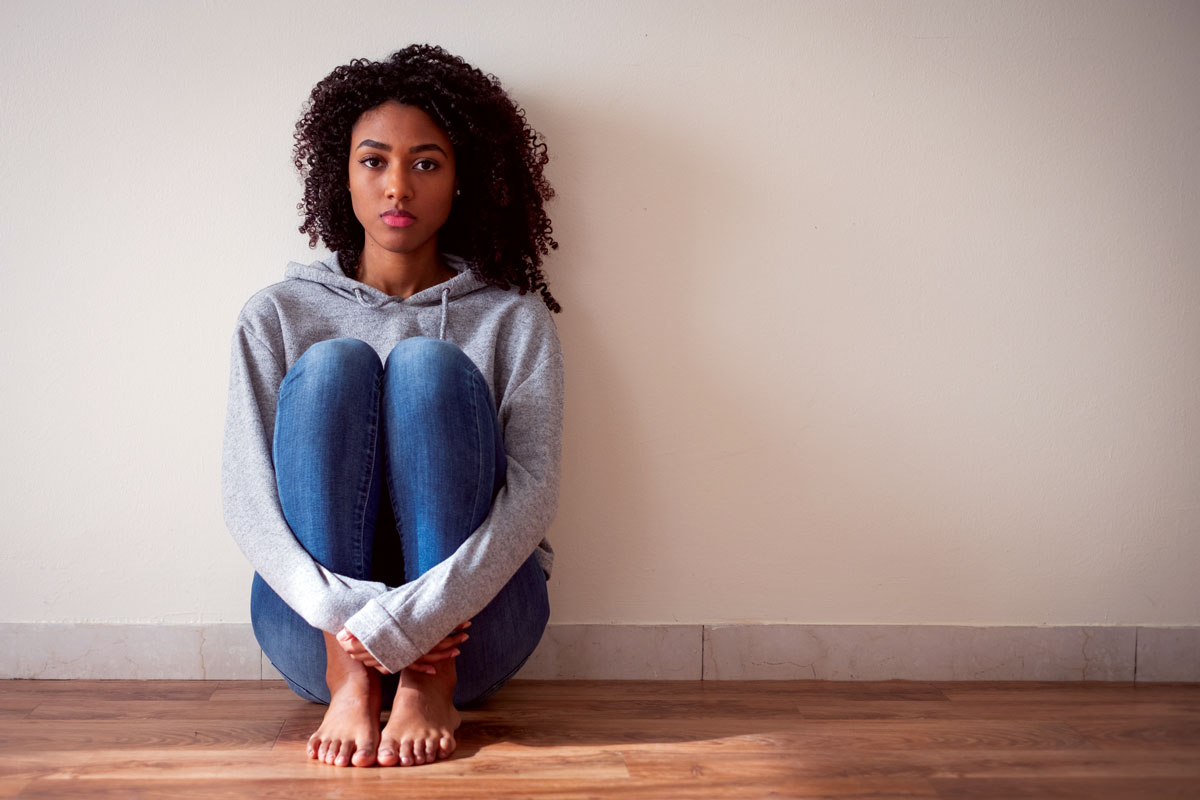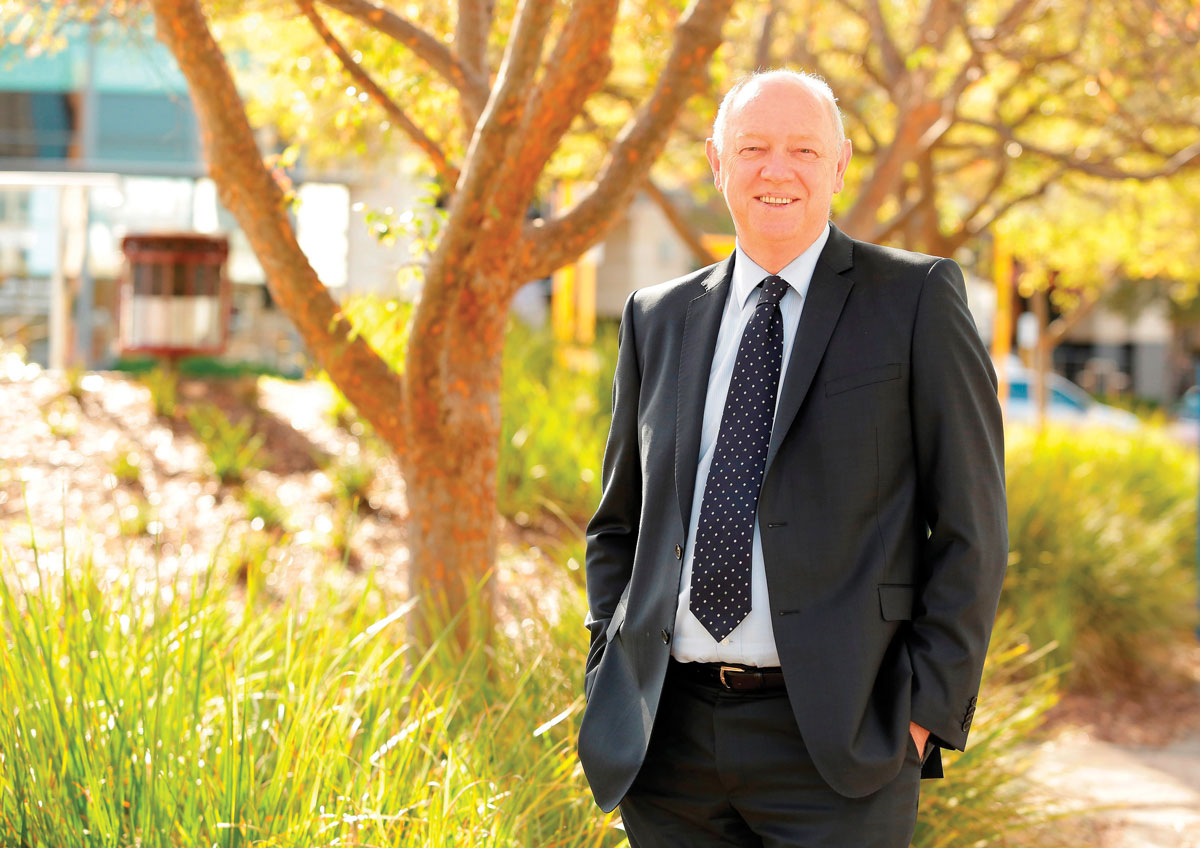 Commissioner for Children and Young People Colin Pettit presents some startling insights about health and wellbeing of WA youth.
Commissioner for Children and Young People Colin Pettit presents some startling insights about health and wellbeing of WA youth.
“Too many children and young people said they do not always feel safe at home, at school or in their community.”
Children and young people from across the state have shared their views on their wellbeing in WA’s first Speaking Out Survey – and their responses give the state’s health sector valuable insight for both now and into the future.

Almost 5000 students from Years 4 to 12 were surveyed and while many reported they felt safe, supported and having their material needs met, there were a number of clear areas of concern:
- 12% of survey participants rated their health as just fair or poor.
- One-quarter of students say they cannot always access support for health worries when they need it.
- 41% of females had sought help for mental health worries in the past year.
- Half of Year 7 to 9 students and one quarter of Year 10 to 12 students feel they don’t know enough or are not sure about sexual health and pregnancy.
- One in 10 students said they cannot achieve their goals or cope with life’s challenges.
Physical and mental health are both critical to a child’s wellbeing, for both a healthy and happy childhood and as a building block for future life outcomes.
While a doctor was the most commonly reported source of information for health worries, most students sought help from a friend for mental health concerns.
There are positive signs of healthy behaviours, with most saying they had never tried smoking and that the majority of high school students think people their age should not use any substances. However, many Year 10 to 12 students are at risk of not getting enough sleep, 70% of female high school students worry about their weight, and one in five females report they often go without eating or sleeping because of their mobile phone use.
Female students rated their wellbeing lower than male students and this was most evident in areas of mental health, their self-esteem, conflict, relationships, personal safety and independence. The gap between these female and male student perspectives widened with age.
Too many children and young people said they do not always feel safe at home, at school or in their community and one in 10 WA children say there is not enough food for them at home.
The challenges Aboriginal children and young people continue to face were evident in this survey, with those who took part faring less well than non-Aboriginal children in terms of material needs, family stability and expectations for the future.
Despite these findings, Aboriginal students have reported high levels of self-esteem and a strong sense of belonging in their community.
Students in regional and remote areas fared less well on a number of health measures such as dental health, prevalence of long-term health conditions and weight.
The aim is to use this inaugural survey as a baseline. We are now preparing to undertake the next survey in 2021 – moving it forward by one year in light of the COVID-19 pandemic to give a clear indication of children and young people’s wellbeing both pre and post the events of this year.
During the past few months I have been hearing from children and young people on how they have been impacted by the COVID-19 pandemic and what supports have helped them.
Mental health is one of the main issues raised and while technology has helped many to maintain friend, family and school connections while at home, the long-term impacts of the COVID-19 pandemic on our children’s health and mental health are yet to be known.
It is my aim that the views of our children and young people are used in shaping policy and service delivery. We cannot improve health outcomes for our youngest citizens without first understanding their needs.
The findings from my Speaking Out Survey were tabled in Parliament and are available through my website. I encourage everyone working with children, young people and their families to consider the findings and the role we all play in shaping the lives of our children and young people.
For more information about the Speaking Out Survey, head over to the Commissioner for Children and Young People’s website: https://www.ccyp.wa.gov.au/our-work/projects/speaking-out-survey/

